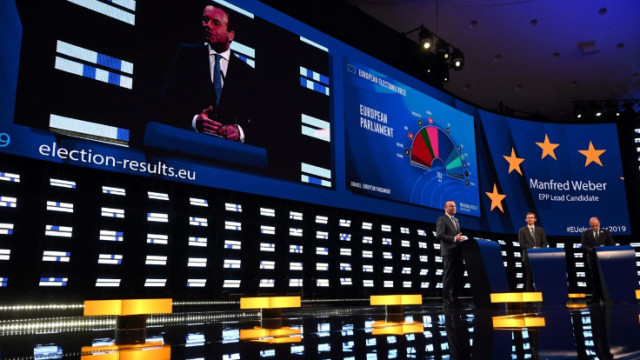Millions of European citizens will on Thursday vote to elect new members of the European Parliament (MEPs) for a new political landscape across the continent.
The poll is set for between June 6 and June 9, 2024.
European Parliament is a body crucial for shaping the bloc’s policies which could significantly affect the political dynamics within the EU and its policies abroad.
The 720 legislators in the new parliament will have the power to shape policies on climate, migration, industry, defence and security.
But they will also vote on what should be prioritised in the EU budget, which can be essential to policies like providing aid for Ukraine.
Once elected, MEPs will join supranational parliamentary “groups” according to ideology (greens, socialists, centre-right, far-right, etc.).
The two largest parliamentary groups are usually the centre-right European People’s Party (EPP) and the centre-left Socialists and Democrats (S&D). But right-wing parties have been making significant inroads and are expected to do well in 2024, with the far-right Identity and Democracy Party possibly becoming the third-largest group in parliament.
A coalition of centre-right Christian democrats, conservatives and right-wing MEPs could thus be on track to hold a majority for the first time.
Foreign policy
The influence that the European Parliament has on foreign policy is overshadowed by the European Council, which is made up of leaders from the 27-member states and has the final say on foreign policy. It is up to member states to decide jointly on sending munitions to Ukraine or to agree on imposing EU sanctions against Russia, for example.
“MEPs can vote on resolutions and political groups can put out calls to try and push something in a certain direction, but as such they do not have much competence on foreign policy,” says Sebastien Maillard, associate fellow of the Europe programme at international affairs think-tank Chatham House.




















